More than 100 years on after Einstein’s 1921 Nobel Prize, some confusion remains around the committee’s reasons for omitting relativity.
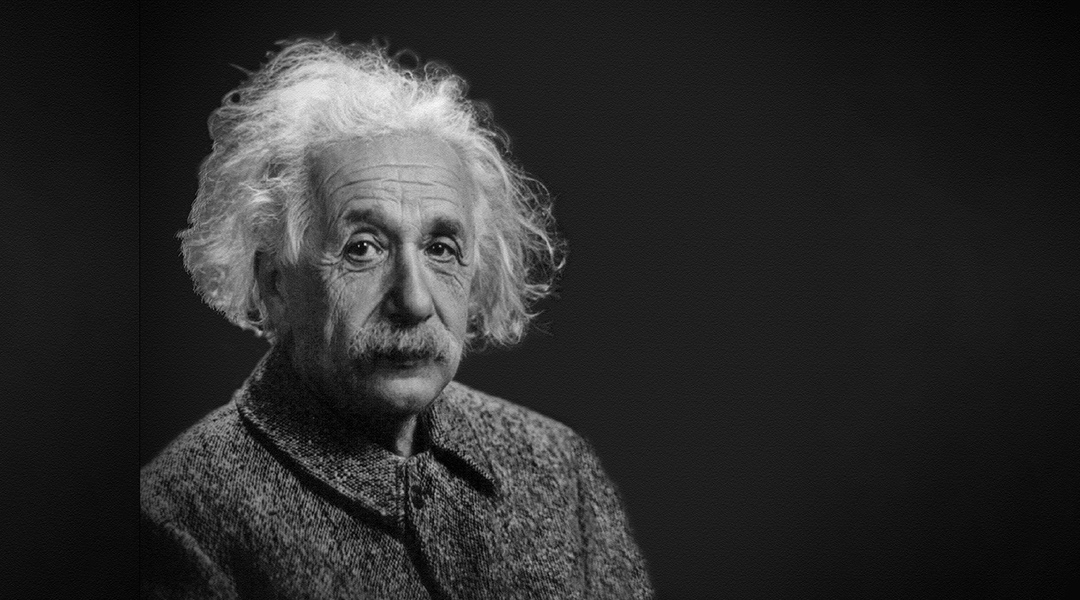

More than 100 years on after Einstein’s 1921 Nobel Prize, some confusion remains around the committee’s reasons for omitting relativity.
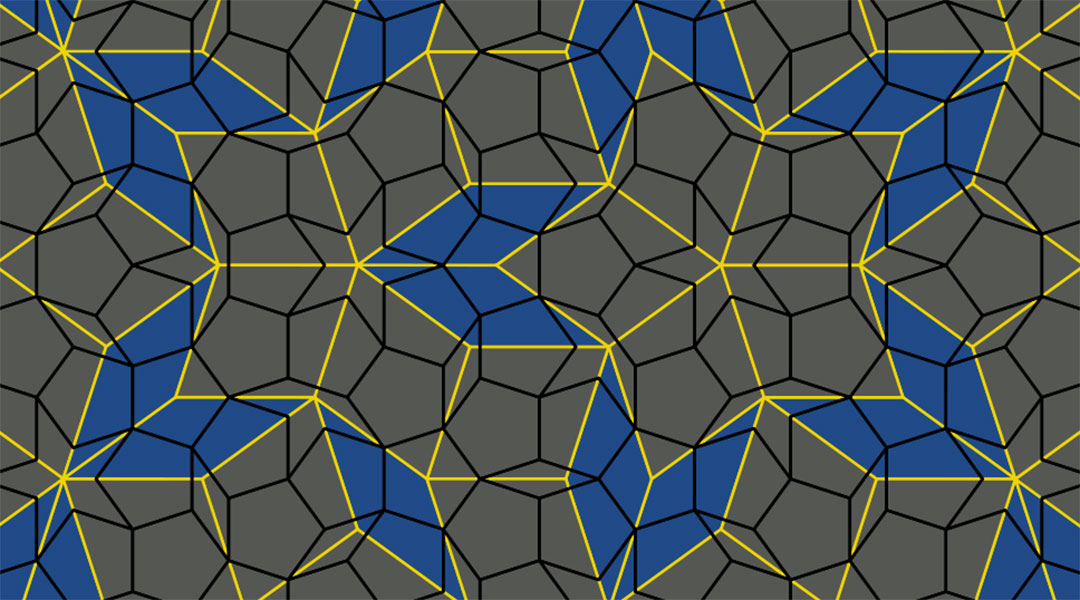
Extra time dimensions provide scientists with a new way to think about phases of matter for more stable qubits and robust quantum computers.
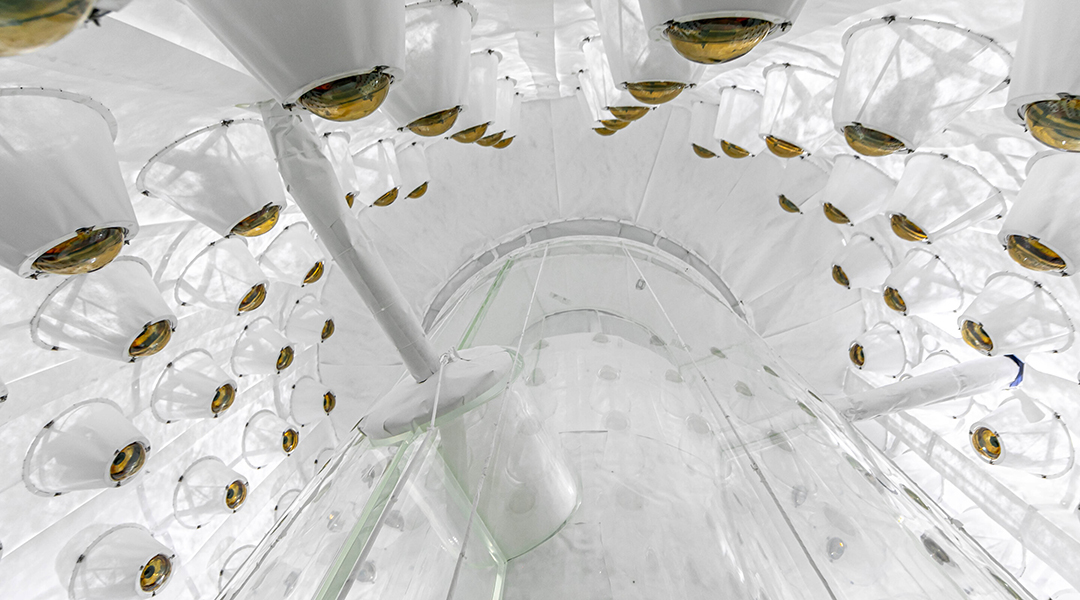
The LUX-ZEPLIN detector is now operational and ready to capture weakly interacting particles believed to be the constituents of dark matter.

Glimpse into the notebooks of physicist John Wheeler, which capture his eclectic, crazy, and yet never one-dimensional ideas.
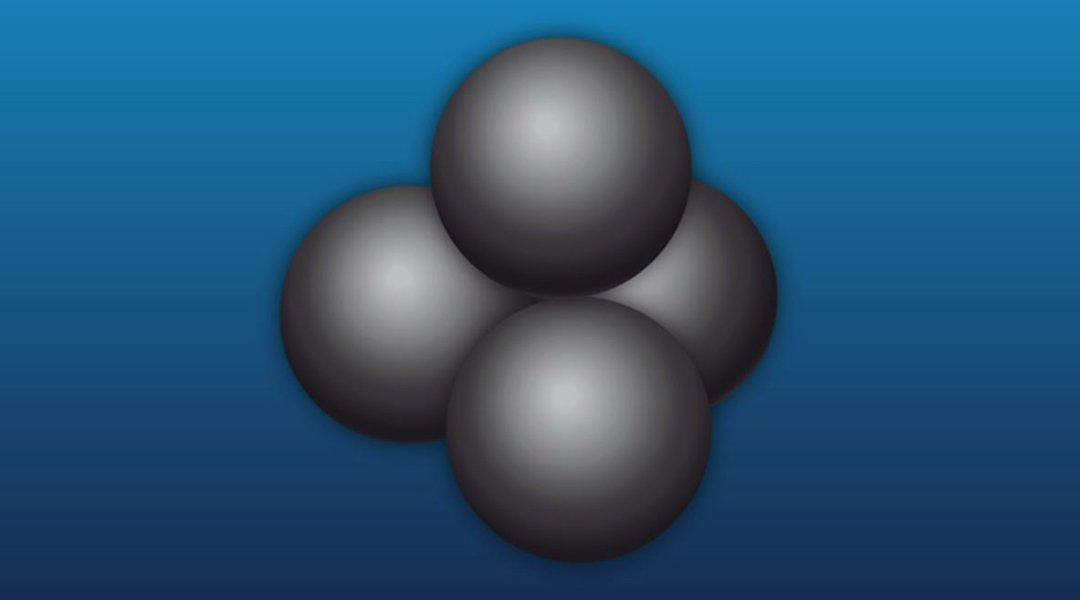
Physicists have reported the observation of a tetraneutron, a subatomic particle consisting of just four neutrons.
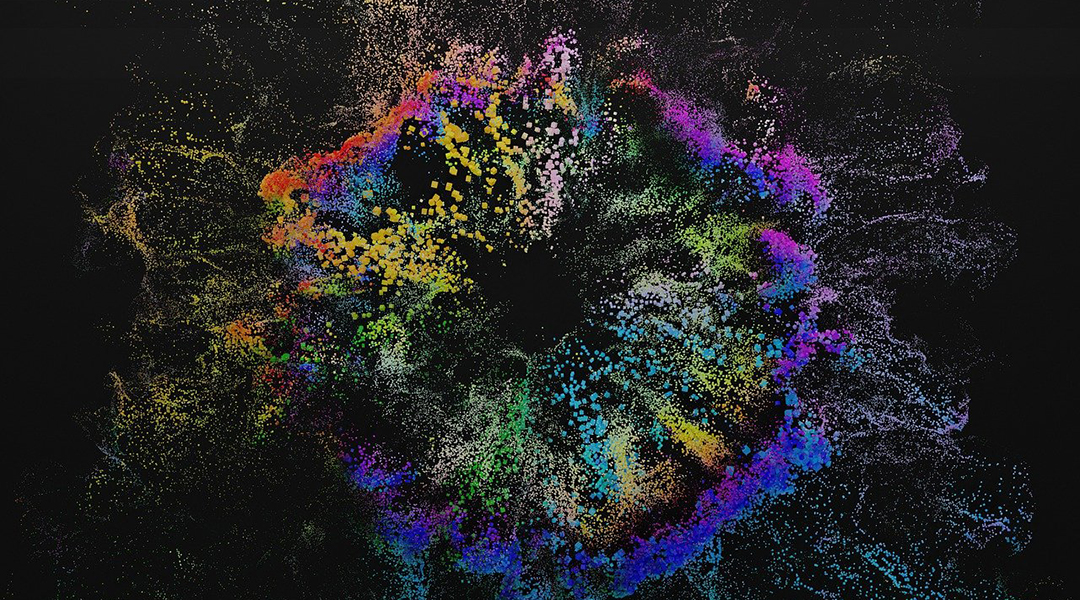
An elusive new elementary particle called the sterile neutrino may have just been spotted by physicists.
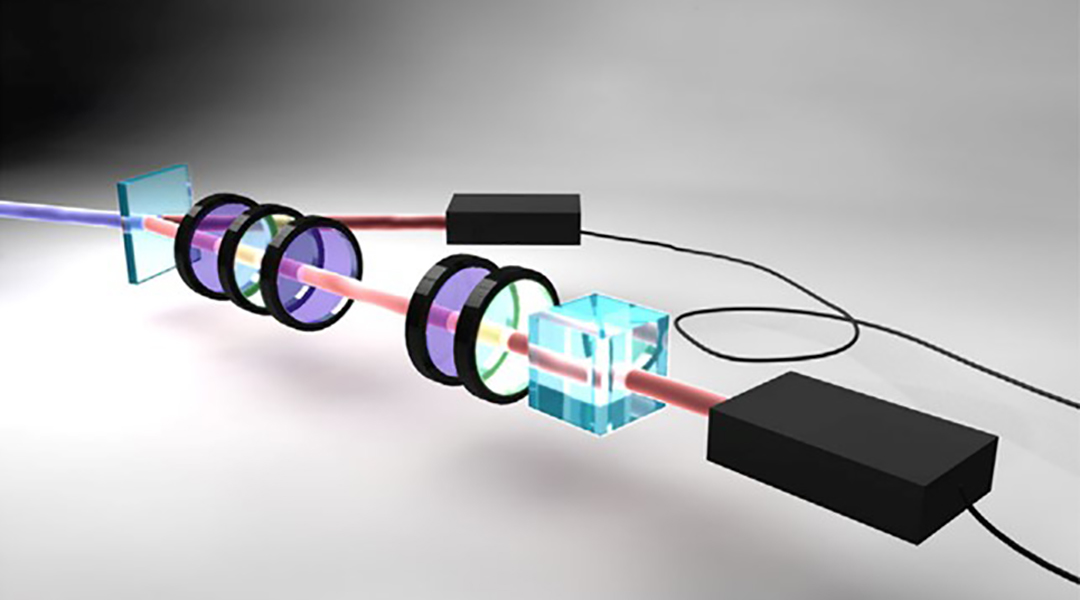
Quantum computing to process large amounts of data tested by bringing together complementary and versatile quantum processors.
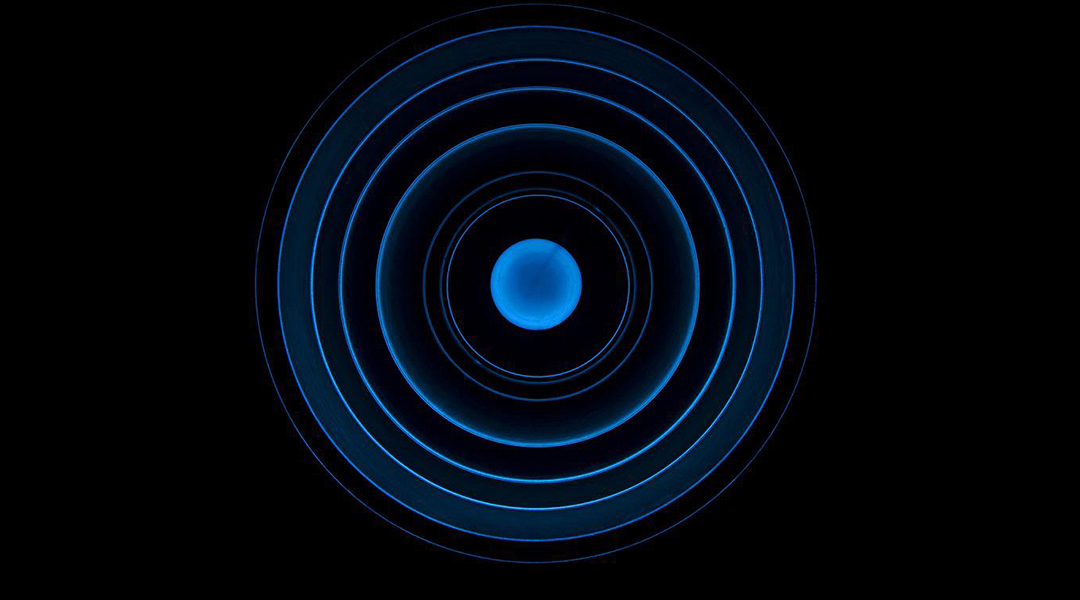
Researchers put quantum electrodynamics to the test, pushing the boundaries of the Standard Model of physics.
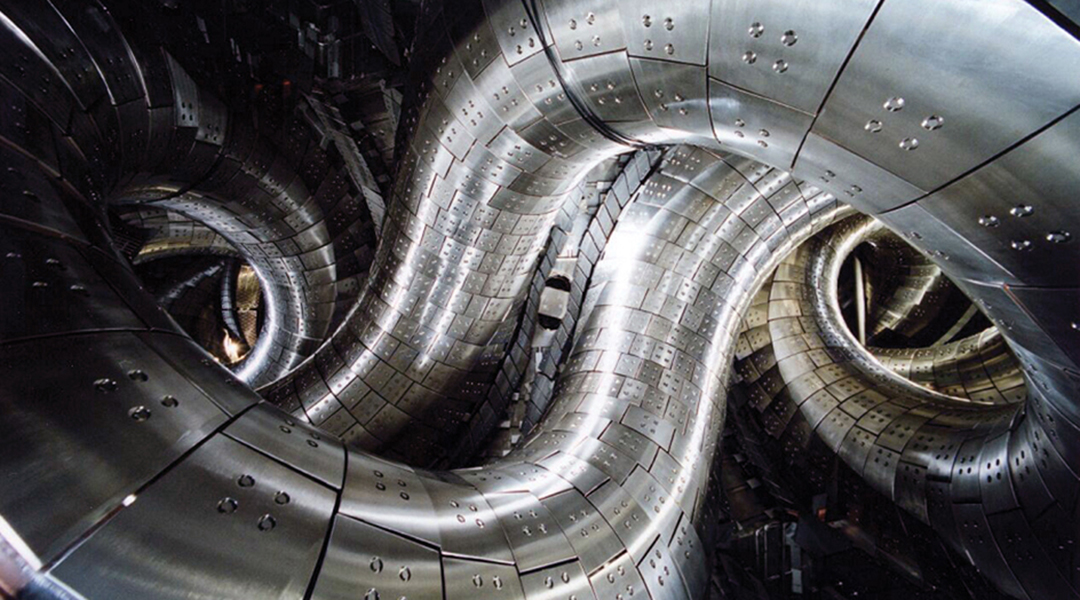
Understanding the physics of plasma instabilities and developing the ability to control them is crucial for a working nuclear fusion reactor.

Tweaking the rules of gravity via Modified Newtonian dynamics provides a possible alternative explanation for the behavior of galaxies